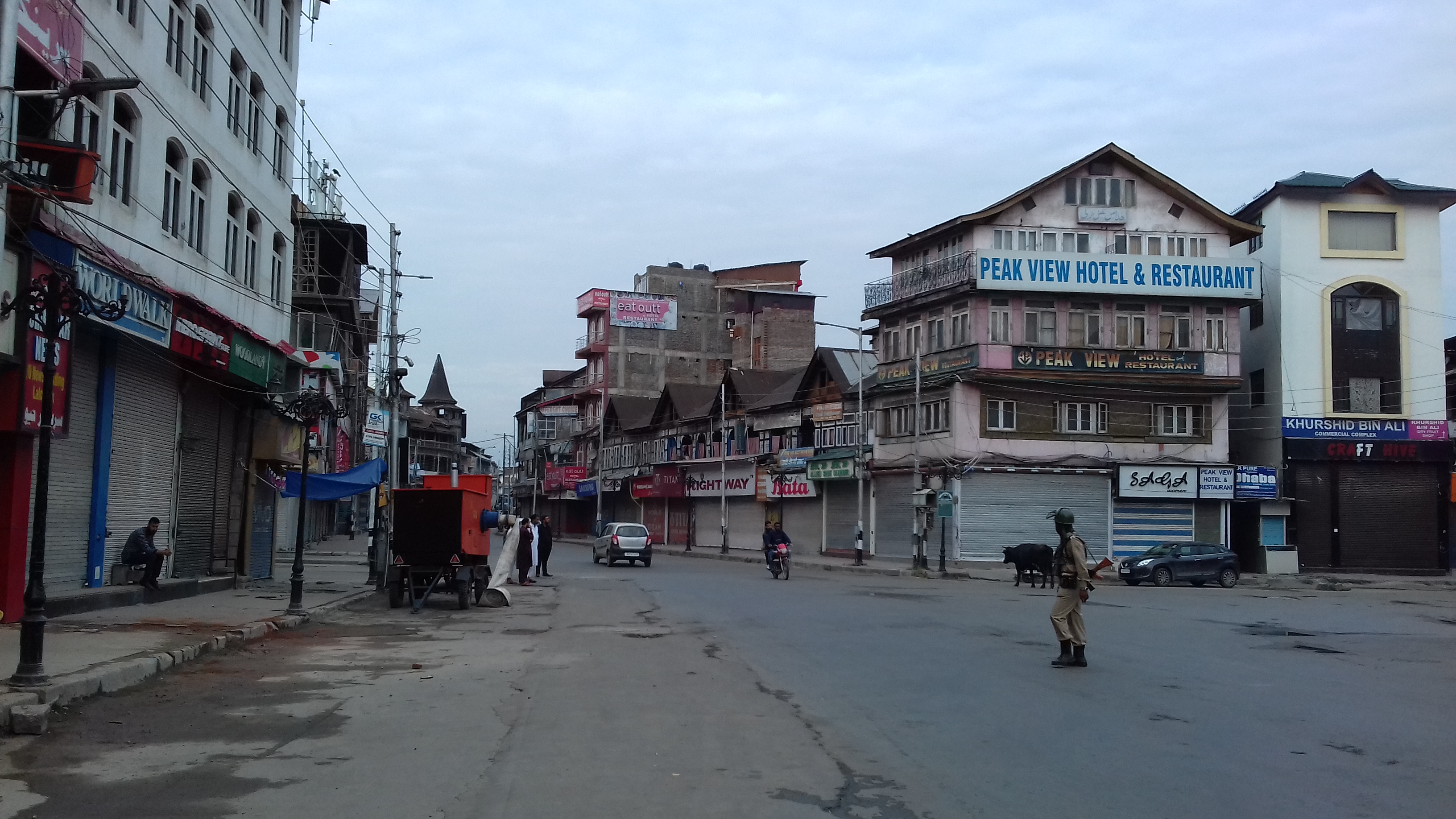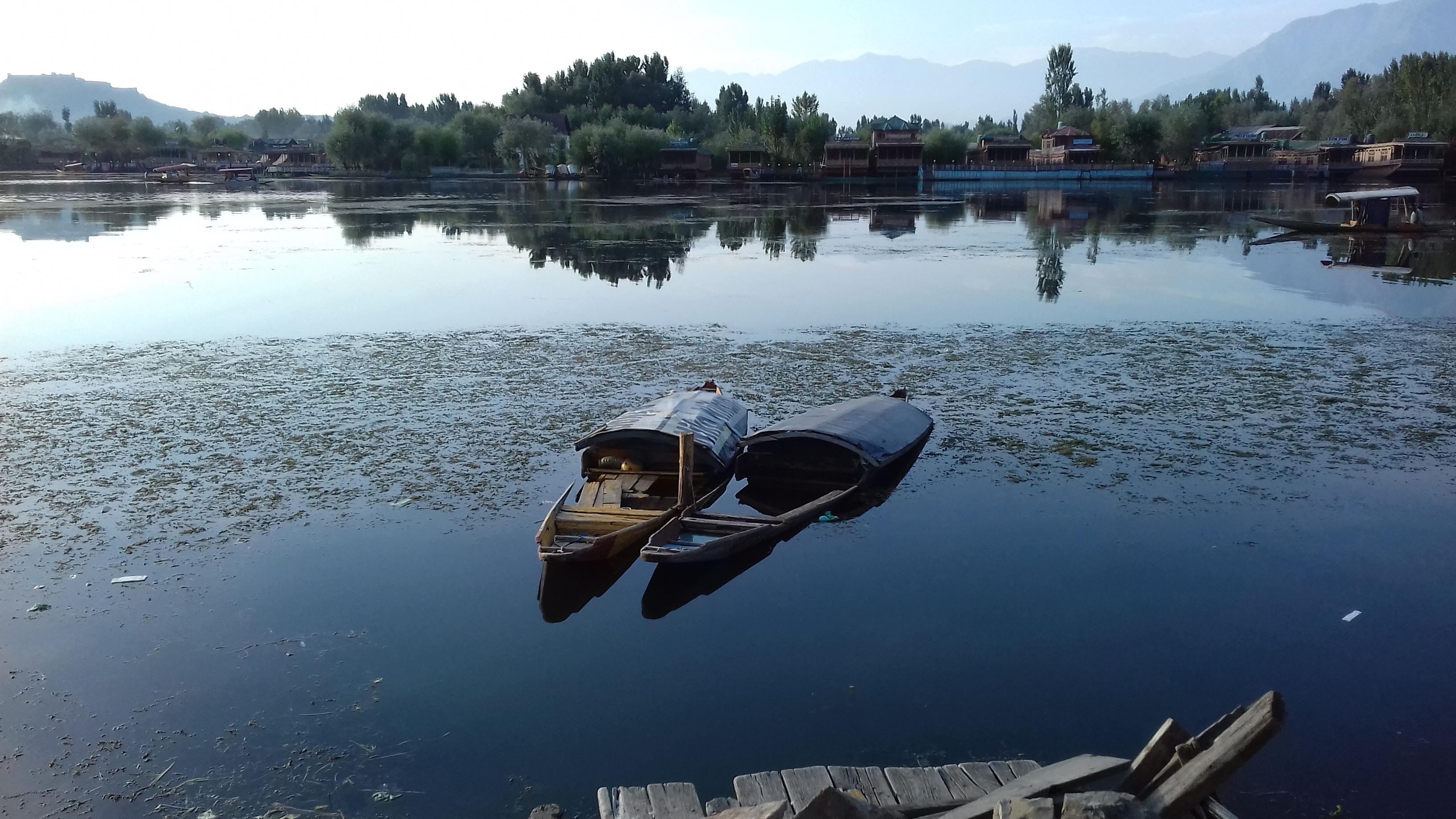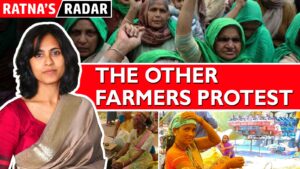This is the first part of an EmpireDiaries.com five parts special series on the Kashmir valley on the occasion of the first anniversary of the scrapping of Article 370 in August 2019. Please read the second, third, fourth and fifth parts here.

 Ratna
Ratna
Srinagar: I still remember the day like it was yesterday.
I was gaping at the air ticket in my hand. It was a New Delhi-to-Srinagar flight ticket, dated September 1, 2019. Less than four weeks into a strict lockdown of Kashmir after the valley lost its special status, I was headed out to ground zero.
Ever since the Kashmir valley went into a lockdown on August 5, 2019, when Article 370 was abrogated, entering the newly-born Union Territory was regulated. My mission was to enter Srinagar without announcing my identity as a journalist so that I could get a look-and-feel of the streets.
My journalist colleagues who were in Kashmir at that time had been lodged at a designated hotel where they could avail internet connection while the rest of the valley was facing an indefinite communication blockade.
Also Read: While You’re Reading This, Your Thoughts Are Being Colonised
So, on September 1, I left home for the New Delhi airport in the darkness of the morning at around three o’clock. Upon reaching the IGI airport, I checked with the staff there whether flights to Srinagar were running, and was relieved to learn that the coast was clear.
When I was through with the security check, I discovered that there weren’t a lot of people waiting to catch the Srinagar-bound flight. Among the few co-passengers, almost all of them were Kashmiris. They had an anxious look on their faces.
After boarding, I was feeling quite uneasy as my two colleagues and I were the only three non-Kashmiri passengers on the airplane.
The air hostesses went about their routine, mechanical chores, trying to help the passengers locate their seats and place their baggage in the cabins. But a heavy air of disquiet was unmistakable. Uncertainty was written all over the faces of the passengers.
Right from that point till I returned from Srinagar, that sense of disquiet would stay with me throughout the trip.
Also Read: Pandemic Turns India Into A New Hunger Hotspot
Four weeks before I was heading out, no one would have predicted that Article 370 was going to be scrapped. When it happened, many people thought the historic move would send shock waves across the Kashmir valley. Yet, once I was there, I discovered that there was no churn at all. Rather, the valley had simply fallen silent – as silent as the Dal Lake. It was the ‘new normal’ for Kashmir.

My aim was to observe how the valley looked and felt during that restless time. Journalism was going through ominous times. Yet, it was the only hope that drove me as I was gearing up to visit the restive place.
During that time and afterwards, as well, media persons couldn’t freely move around Kashmir for coverage. With restrictions in place, I wasn’t sure if I could visit places beyond Srinagar.
Also Read: Araria Case Shows How Gender-Insensitive India Still Is
Already by then, Anuradha Bhasin, executive editor of the local newspaper Kashmir Times, had filed a petition with the Supreme Court seeking free movement for reporters and photojournalists.
The Press Council of India had joined in as well. It filed a plea with the top court seeking permission to intervene in Kashmir Times’ appeal and assist the judiciary over the petition. All this was happening towards the last week of August.
With a communication blockade in place at that time, internet connection was off-limits for a long period of time before it was eventually restored.
Lockdown, sigh! The word had such a vastly different meaning for us all during that time.
It needed the coronavirus pandemic for us ‘mainland Indians’ to feel the gravity of the word lockdown.
Also Read: Noam Chomsky: India’s Lockdown Call Genocidal
Sitting at my home here in New Delhi, which is under a protracted lockdown now due to the coronavirus pandemic, I am writing about a place in India that has been under ‘permanent lockdown’.
Unlike us ‘mainland Indians’, Kashmiris have been well aware of the word lockdown for a long, long time.
How does it really feel to stay indoors for years?
How psychologically problematic is it for children to be kept within the four walls of the house for months and years?
How does it feel to go through the daily struggle of managing your ration within stipulated hours?
How does it feel to lead a restricted social and outdoor life?
Also Read: Entrapment: America’s Game Plan To Store India’s Oil
The coronavirus lockdown has made us, ‘mainland Indians’, depressed. But a variety of channels on TV and the buzz of social media are together somewhat making up for the distress caused by a restricted lifestyle. Television channels are busy airing doctors advising us on how to tackle depression and stay positive. And we are lucky to have uninterrupted internet connection on our fingertips.
These are some of the ‘luxuries’ that the Kashmiris missed during the initial months of the post-370 lockdown up there.
(To be continued)
An undercover journalist travels from Tehran to Isfahan to Shiraz to the Strait of Hormuz in pursuit of the missing pieces of the biggest geopolitical puzzle of our times. The US-Iran cold war.
Is Iran really a threat to global peace as the western world wants us to believe?
Did you know that over 97% of women in Iran are literate?
Did you know that from Ranbir Kapoor to Sridevi, Iranians are crazy about Bollywood?
Get Secret Notes From Iran for the ground report from the Persian land.









